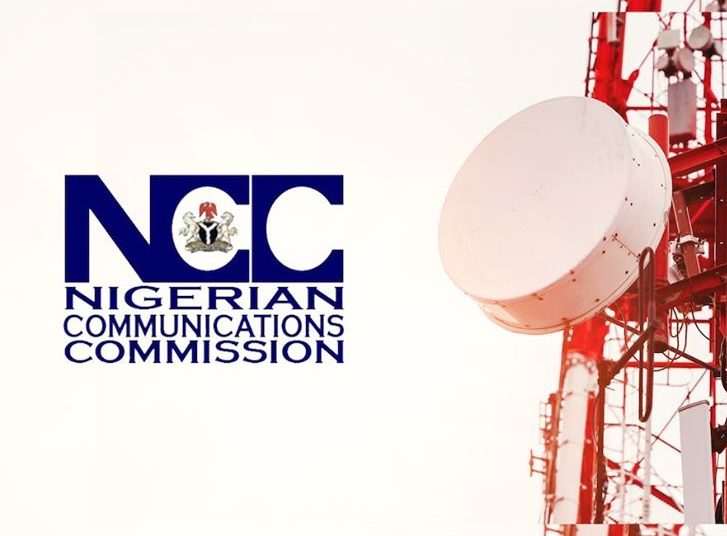As Nigeria’s population grows and the telecommunications industry expands, it is increasingly important for service providers to ensure transparency in call rates and data usage. ROYAL IBEH looks into the recent efforts to simplify tariff plans, bundles, and promotional activities.
Over the last 20 years, Nigeria’s telecom sector has grown significantly. The Nigerian Communications Commission (NCC) reported that as of the first quarter of 2024, there were about 219 million active mobile subscriptions. Major telecom operators like MTN, Airtel, Glo, and 9mobile lead the market, offering a variety of data and call packages for consumers.
Despite this growth, the sector faces issues around transparency in pricing. Consumers have voiced concerns about unclear pricing, hidden charges, and poor service quality. These issues have led to a lack of trust between consumers and service providers, which slows down the sector’s development.
For instance, many consumers find it difficult to compare different plans because of the complicated tariff structures. Telecom operators offer many plans with different costs, data limits, and validity periods, making it hard for consumers to choose the best one. Some users have also complained about unexpected charges for services they did not ask for, while others have faced issues like poor network coverage and slow internet speeds. Furthermore, some consumers are not fully aware of their rights or the regulations governing the telecommunications industry.
**New Guidelines to Address These Issues**
To tackle these problems, the NCC recently introduced new guidelines for telecom operators, requiring them to provide clear information about how consumers are being charged for calls and data usage. The guidelines, which went into effect on July 29, 2024, aim to simplify tariffs, improve understanding, and encourage fair competition.
The NCC’s new guidelines, which apply to all telecom operators in Nigeria, aim to reduce the complexity of tariff plans and bundles, ensure that promotional offers are transparent, and protect consumers by making pricing easier to understand.
**What the Guidelines Include**
One key goal of the guidelines is to make sure telecom operators fully disclose all the components of their tariffs. Operators must publish clear tables of their tariff plans on their websites, so consumers can easily compare options and make informed choices. All marketing materials should also clearly explain all the charges that apply to the plans.
For example, when consumers check their account balance through USSD (*310#), the response must include information about their plan, its validity period, and the rates for calls, data, and SMS.
The guidelines also require operators to offer standalone data bundles at fair prices. Consumers should not be forced into buying bundles or products they don’t need, and promotional bonuses should be clearly stated. Operators should also avoid offering plans that lead to unexpected charges.
The guidelines limit the number of tariff plans and bundles an operator can offer. Each operator can only offer seven tariff plans and 100 bundles. However, there is no limit to the number of add-ons a subscriber can choose. Operators must also inform consumers about how many add-ons they have and make it easy for them to check.
**Educating Consumers**
The NCC stresses the importance of educating consumers about these new changes. Operators must make sure that educational materials are available in different formats and languages to reach a wider audience. Additionally, consumers must be notified at least 30 days before any changes to their tariff plans, such as moving to a new plan.
To ensure data transparency, operators must submit reports to the NCC every three months. These reports should include details about active tariff plans, bundles, and promotions, as well as how consumers are using them.
**Timelines and Penalties for Non-Compliance**
Operators have 90 days to align their services with the new guidelines. They must submit transition plans for existing tariffs by August 12, 2024. The NCC will review these submissions within ten working days.
If operators do not comply with the guidelines, they will face penalties, including fines or a suspension of their tariff approvals. The NCC will also carry out audits to ensure that operators are following the rules.
**Conclusion**
The NCC has called on all mobile network operators to apply these guidelines to all their retail products, both prepaid and postpaid. By creating clearer pricing and improving transparency, these guidelines aim to help build consumer trust and encourage fair competition in Nigeria’s telecom market.




